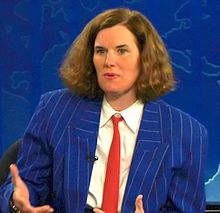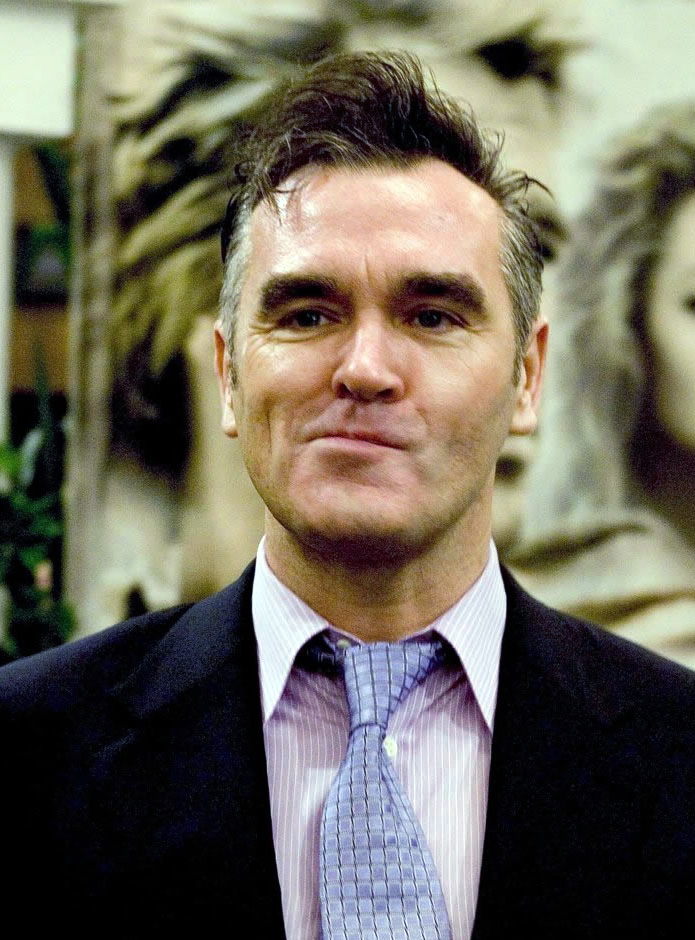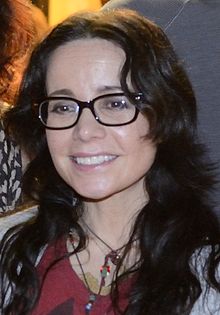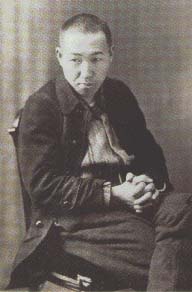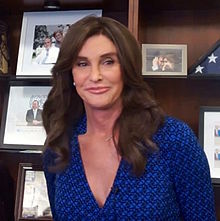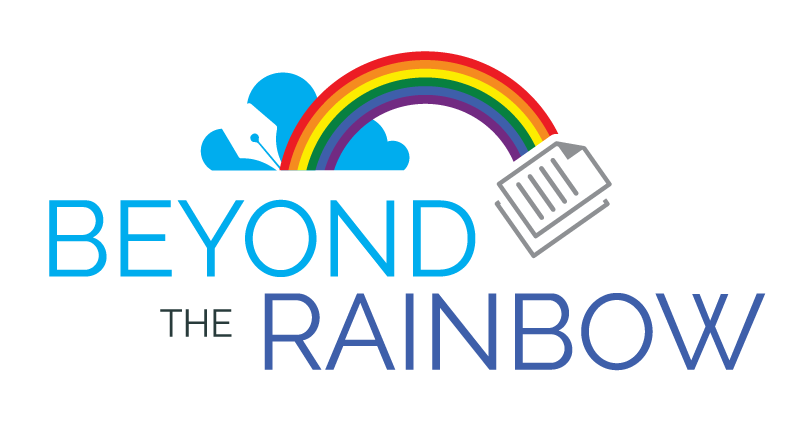Asexual
Asexual: An asexual person (“ace” for short) is simply someone who does not experience sexual attraction. Not to be confused with celibacy which is a deliberate choice not to engage in sex.
Developing an Asexual Character
So you want to make or further develop an ace character? Here are some questions to ask yourself to delve deeper into your character’s mind and experience:
Decide where on the asexual spectrum your character lies.
Does it change/fluctuate? Under what circumstances does it fluctuate? (Keep in mind that this can change over time)
How does your character think/feel about being on the asexual spectrum?
Many asexuals report feeling broken, or feeling pressured to conform to societal standards. How does your society affect how your asexual character views themselves?
How does your character feel towards sex?
Neutral, sex-repulsed, sex-positive? Does it depend on the circumstance/person? If your character were to find themselves in a sexual situation, what would their reaction be?
How does your character tell people about being asexual (if they tell people at all)?
How do other characters react to your character’s asexuality? How does your character react/respond to these reactions?Many times asexuals are told there is no such thing or told they don’t know until they try, or that they haven’t met the right person yet. These reactions might affect who your character comes out to and how.
How does the society in your story react to asexuality?
How does this affect your character? What assumptions do others have about asexuality/your character?
When did/will your character realize that they are on the asexual spectrum?
How does/will your character think/feel about this? Is the realization because of a specific event, a gradual understanding/coming to terms, etc?
Writing an Asexual Character
As with writing any character, their sexuality is just one part of their whole identity. When writing your asexual character here are a few things to keep in mind:
- Keep in mind that asexual does not mean emotionless. Your character should still have emotional actions and reactions to events in line with their personality.
- Have your character specifically state they are asexual. This will help the reader understand where your character is coming from. Having other characters react and ask questions will help mitigate an info dump.
- Be wary of having a plot that calls for the character’s asexuality to be a problem fixed by ‘good’ sex or a sexual relationship. In this instance it might be better to rethink your character’s orientation.
- Do let your character have close intimate non-sexual relationships with other characters. These are important to help characterize them and avoids the impression that asexuals can’t or don’t have deep meaningful relationships.
- Try to avoid making your character asexual simply as a plot device. It should be an integral part of who they are, not a quirk. Remember, you are writing a whole person, not just an orientation.
- If your asexual character is a minor character it might be best to avoid having them be the comedic relief as this can reinforce stereotypes of asexuals being socially inept or naive.
Romantic Orientations
Many asexual persons will refer to a romantic orientation instead of a sexual orientation. Just as there are many different sexual orientations there are many romantic ones as well. What qualifies as romantic is up to the individual to decide. Below is a list of the most common romantic orientations.
Things to Keep in Mind
It’s also good to keep in mind the kinds of challenges asexual face in our society. Sex is seen as normal, healthy and something that is integral to being human. Its even listed as a basic human need along with eating and breathing in Maslow’s theory of the hierarchy of needs. Sex can be an expression of love and intimacy but the act itself can be done for reasons outside of love. But, because of this view of sex and sexuality many asexuals report feeling broken or being seen as not wholly human by many, even being referred to as robots or plants or just being flat denied as existing. Acephobia is very common and often goes unrecognized and unchallenged.
Asexuals face being infantilized, fetishized as virginal, excluded by the LGBT community, labeled as mentally ill, and generally dismissed by society at large. These are all things your character might face as well. Don’t shy away from addressing these issues if your plot allows for it.
Tropes
Tropes are tropes for a reason and most of these are not bad in and of themselves, however like a lot of tropes they often perpetuate harmful stereotypes and thus should be used cautiously. Some include:
Chastity Couple | No Social Skills | Celibate Hero | Chaste Hero | Married To The Job | Paralyzing Fear Of Sexuality | No Hugging No Kissing | The Not Love Interest | But Not Too Gay | Heterosexual Life Partners | Platonic Life Partners | Sexless Marriage
Asexuals in Fiction
Vivienne: Madame De Fer (Dragon Age: Inquisition)|Dexter Morgan (Darkly Dreaming Dexter) | Withnail (Withnail & I) | Yuki Nagato (The Melancholy of Haruhi Suzumiya) | Voodoo (Sirens)|Beth (The March Family Letters) | Nancy (Every Heart a Doorway) | Clariel (Clariel) | Emras (Banner of the Damned) | Jughead (Archie Comics: Jughead #4) | Tori Beaugrand (Quicksilver)
Famous Asexual People
Asexuality is a newer term and has only recently been removed from the DSRM as a mental illness. We cannot say for certain that individuals in history were asexual even if evidence seems to support it, for that reason the persons listed are living and/or have confirmed their orientation. This is not to say that there haven’t been asexual persons throughout history as there most certainly have been.
Janeane Garofalo | Emilie Autumn | Steven Patrick Morrissey | Paula Poundstone | Keri Hulme | Morgan Bell | Caitlyn Jenner | Miyazawa Kenji | Valeriya Novodvorskaya | Julie Sondra Decker | David Jay
